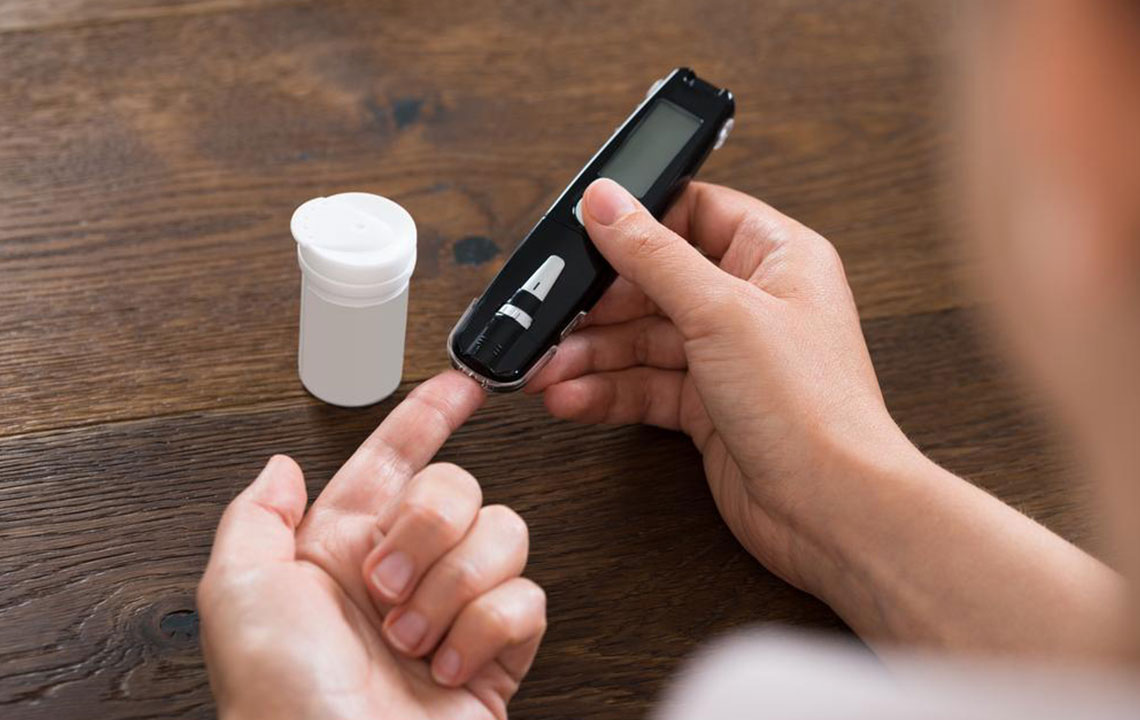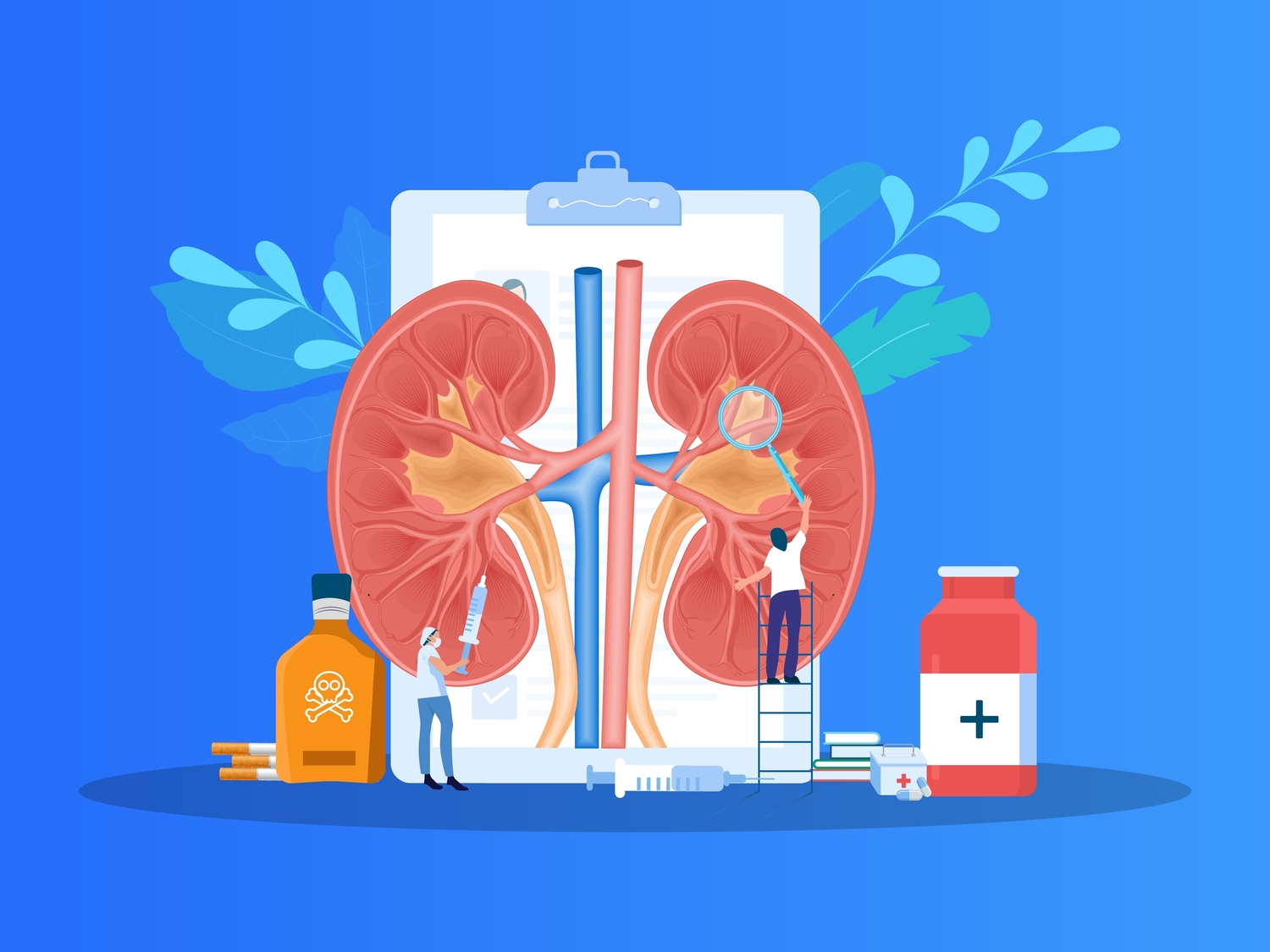8 signs that indicate excess sugar intake
Sugar can be an addictive ingredient in food and drinks. With all the processed and fast food available at every store, it becomes difficult to avoid this component. While some are strict about their diet, some do not keep a tab on their daily sugar intake. Let’s look at some of the signs and symptoms that may point toward excess sugar intake in a diet.
Weight gain
Sugars tend to be used up by the body very quickly, leaving it hungry for more.

High blood pressure
Research suggests that too much sugar in the diet can lead to hypertension or high blood pressure in individuals. Studies observe that high glucose levels could be responsible for damaging the lining inside the blood cells, making it vulnerable for cholesterol to stick to them. This can cause the vessels to narrow down, making it difficult for blood to flow.
Acne
Sugar intake triggers androgen secretion, which results in break out on the skin. Not just acne, but high sugar content can also cause more wrinkles and make the skin dull. Drink lots of water to keep the skin hydrated and flush out the toxins that could affect the skin’s health.
Low energy
Since sugar is digested very quickly in the body, it can drain the body of its energy. It also then leads to craving more sugar, and the cycle becomes vicious with constant changes in energy levels in the body. This can lower the energy in the body.
Sleep issues
In a study published in 2019 in the American Journal of Lifestyle Medicine, sleep quality is inversely proportional to sugar consumption in individuals. The glycemic control needs to be in balance in order to maintain sleep quality.
Irritability
A study published in Medical Hypotheses in 2020 observed that high sugar intake led to increased inflammation in the body, bad mood, and symptoms of depressive mental health. After eating sugar, the insulin levels spike, decreasing the glucose levels in the bloodstream. This also affects the brain. It needs an optimal level of glucose in the body to function healthily.
Sweet cravings
Eating sweets triggers the dopamine levels in the body. These “happy hormones” are a result of sugar consumption which targets the pleasure senses in the brain called the mesocorticolimbic pathway. Also, the rise of dopamine levels in the body can itself lead to sweet cravings, so the whole process turns into a vicious cycle that is difficult to break. It is important to fill your cravings with whole foods that break this cycle.
Joint pain
This may not just be an age-related pain but a food-related one! Research suggests that about 24 percent of participants in a study who had rheumatoid arthritis said foods like desserts and sodas triggered pain in their joints. High amounts of sugar can cause systemic inflammation, which can affect the joints.




